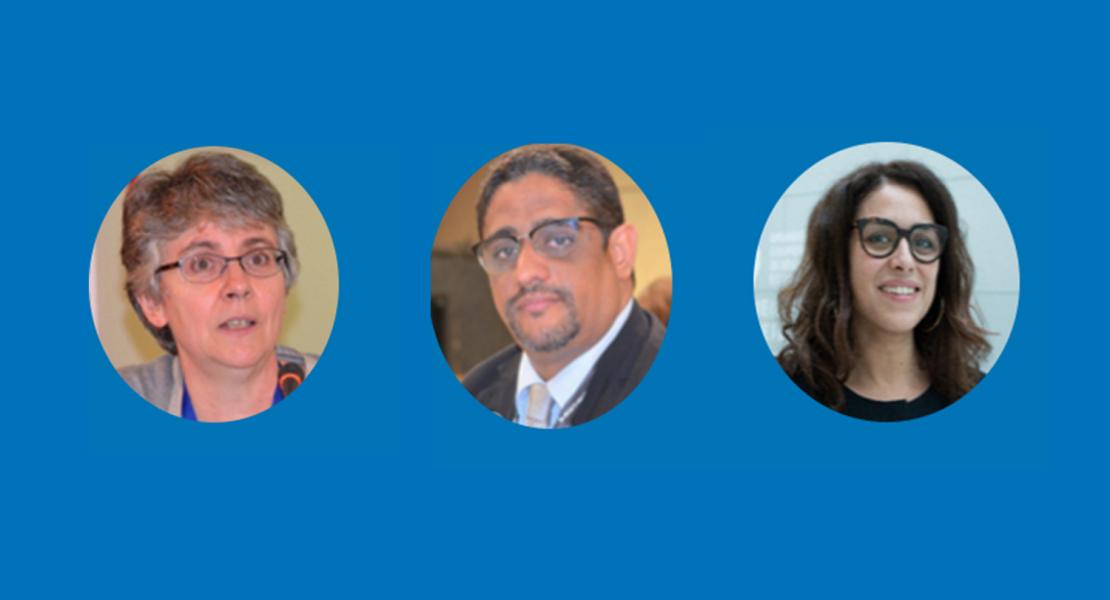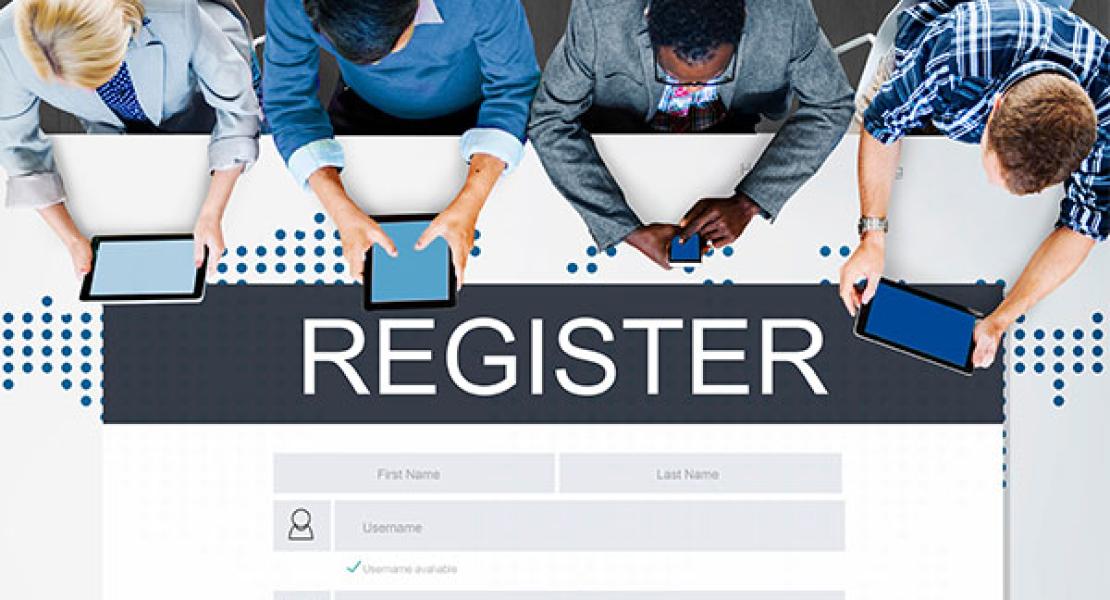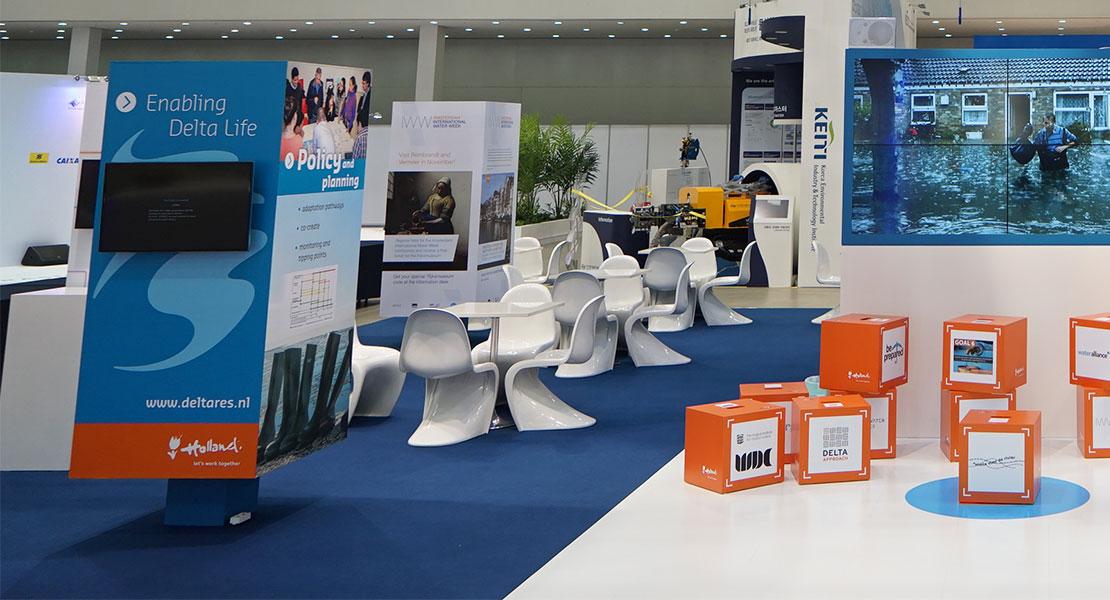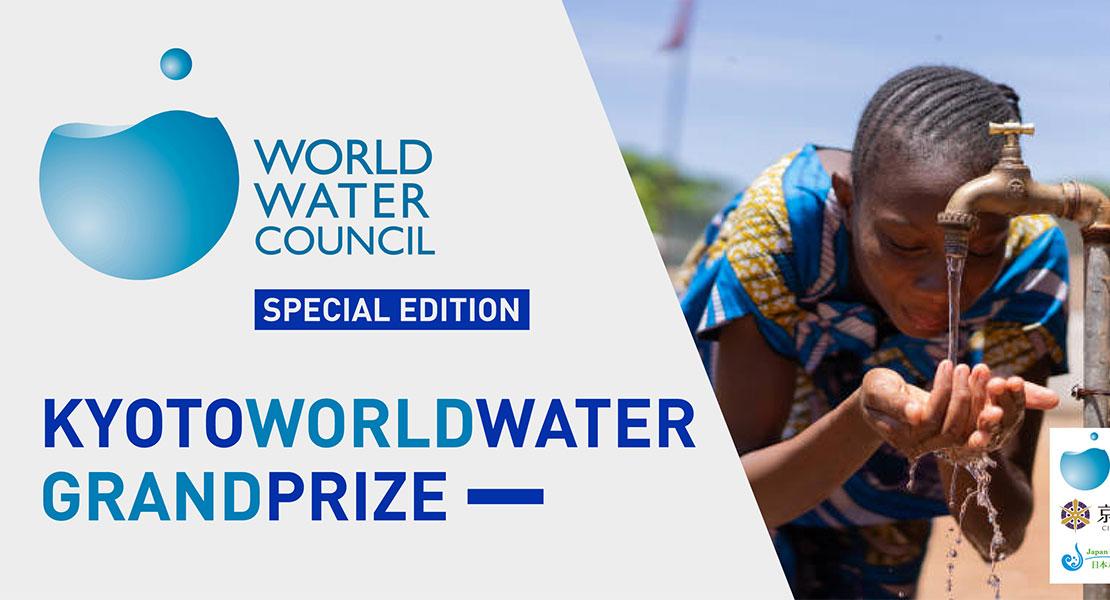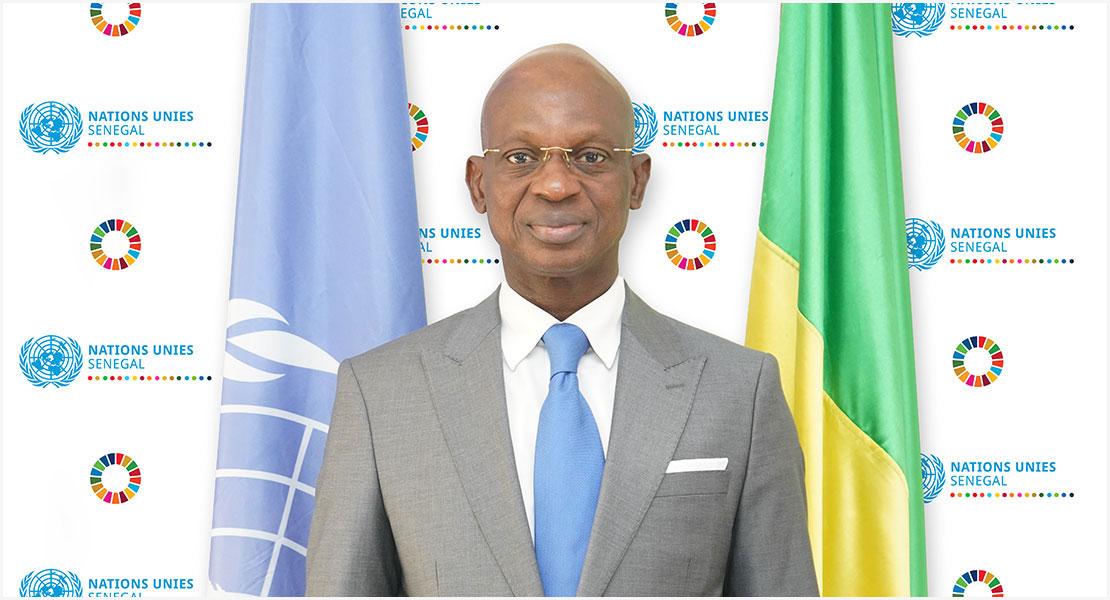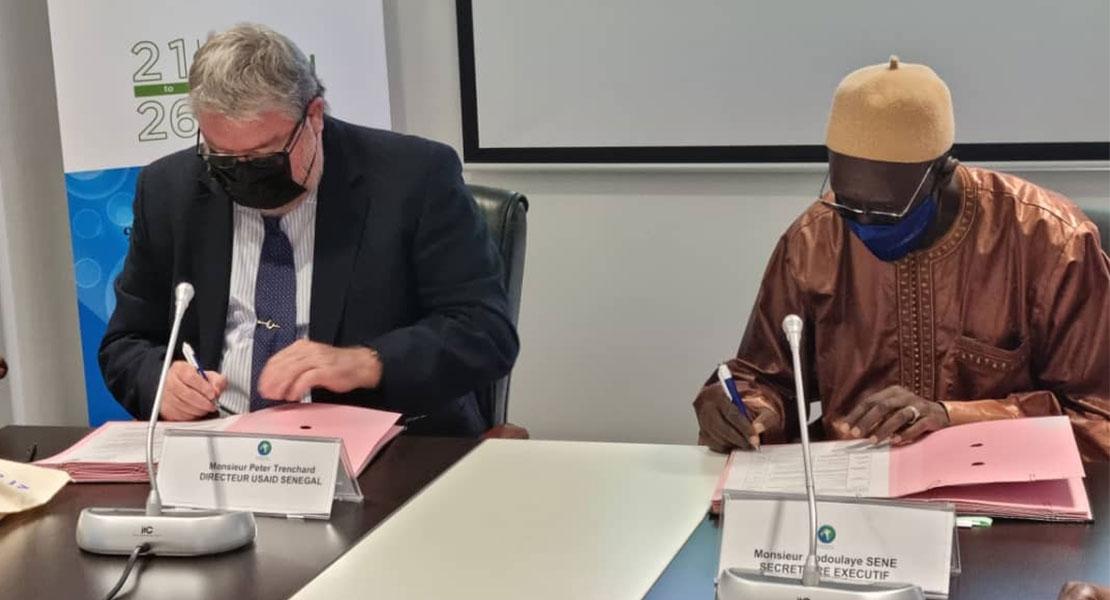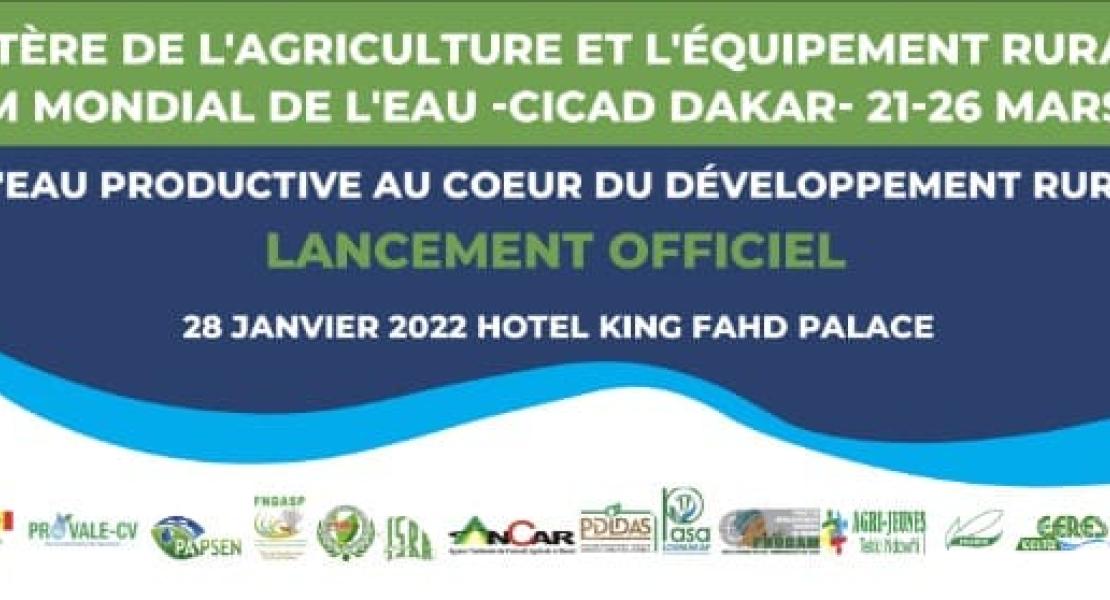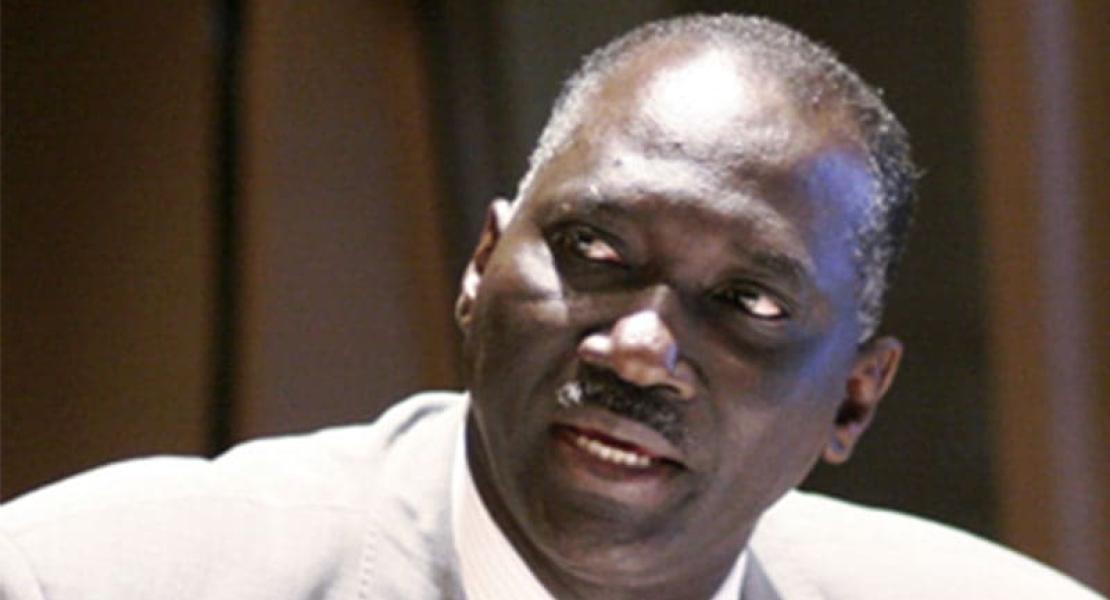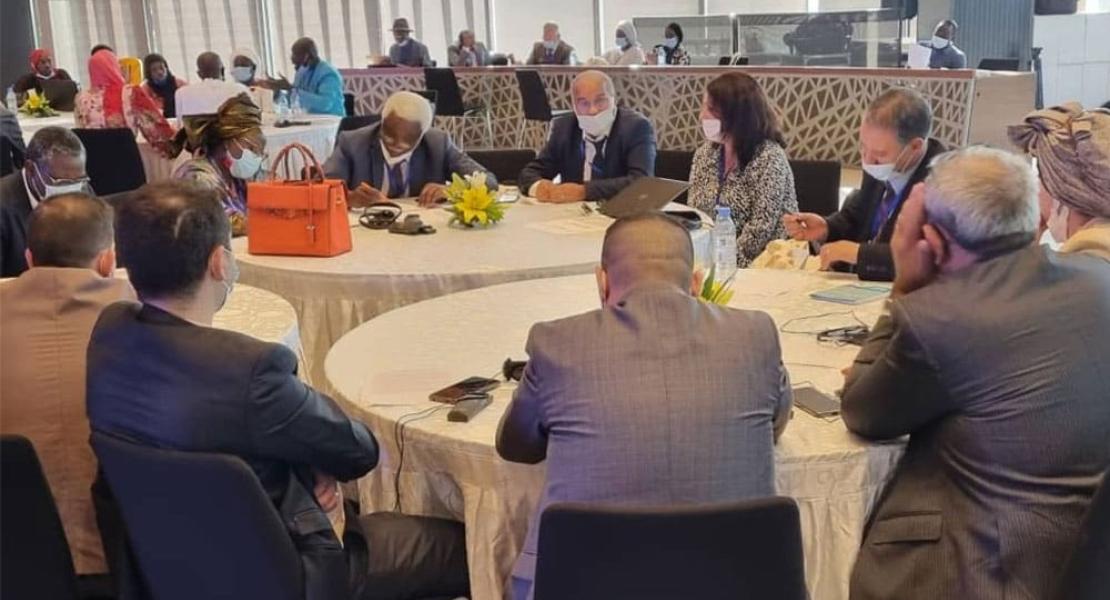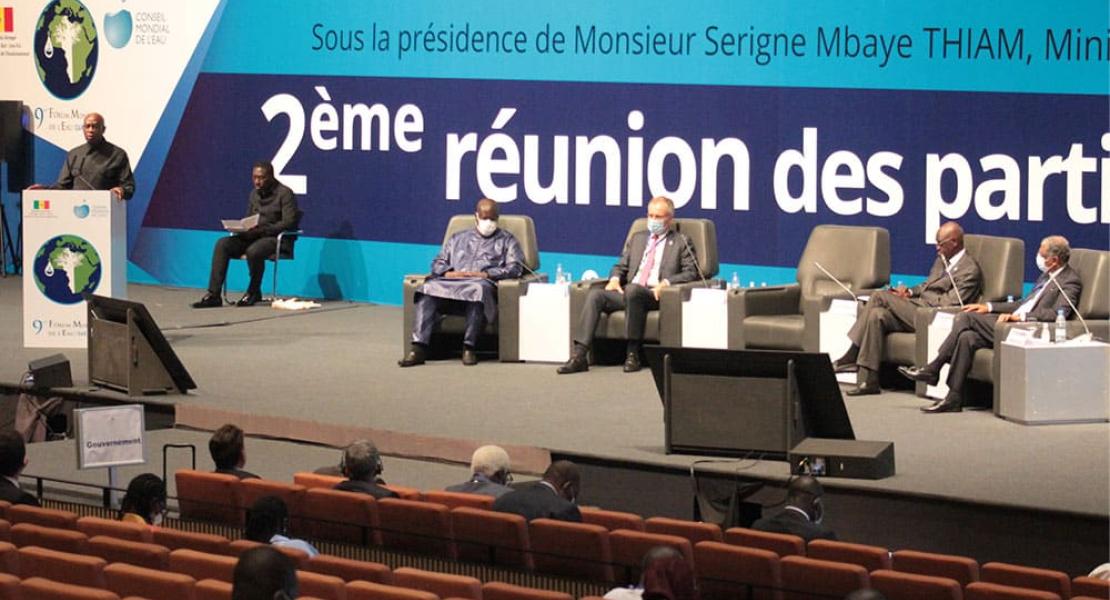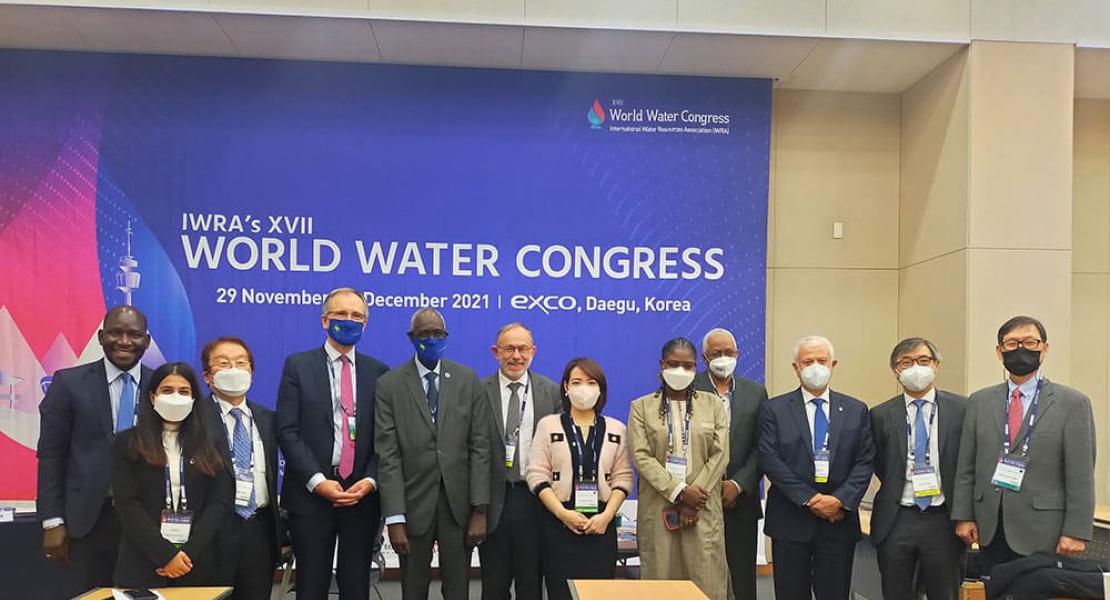Numerous actors from around the world and representing different sectors (Government, private sector, civil society, universities, financial institutions, etc.) have worked hard in recent months to develop the thematic content of the Forum. Thus, the 23 Action Groups set up in March 2020 submitted their first proposals to the Pilot Groups for advice and suggestions on July 2020. They cover the 23 sub-themes of the Forum and constitute a synthesis of types of interventions targeting a wide range of stakeholders with potential for innovation, replicability and sustainability.
The members of the working groups have shown great commitment to ensure that the thematic content of the Forum is of high quality. Some of them share with us their experience and motivation to contribute to the success of the Forum
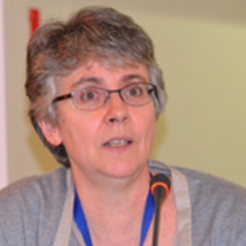
- Establishing an efficient Science – Innovation – Policy – Education Dialogue
by Dominique DARMENDRAIL, Working Group 4E coordination Support
The 9th World Water Forum to be held in Dakar, Senegal, is placing the focus on the importance of Science, Technology, Innovation and Education in developing solutions to meet the current and upcoming challenges faced by the world, such as peace and sustainable development. Achieving International policy targets on clean water and sanitation by 2030 will require contributions from (1) science that links disciplines, knowledge systems, and societal partners, to support and implement the necessary solutions and (2) from large funding partnerships to reach the necessary critical mass and implement the cross-sectoral approach required to address the ascertained global challenges. There are economic, ecological, technological and societal challenges to developing efficient management tools to protect water quantity and quality in human societies, while at the same time ensuring healthy water ecosystems and safe services. These include for example fighting water shortages and developing low-cost technologies to access basic water services (drinking water, sanitation), sharing agreed methodologies for managing trade-offs – and often the transfer of risks – between ecosystem services, new solutions for dealing with new contaminants, or implementation of adaptation actions for global changes. Another challenge resides in the transfer of scientific knowledge and innovation to inform water policies at the relevant scales (local, national or international). Our Water Joint Programming Initiative (www.waterjpi.eu), a network of Research, Development and Innovation (RDI) funders and managers, created in December 2011, aims at fostering cross-border collaboration and co-ordination of research and innovation programmes to address major common international societal challenges in a structured way, and deliver impactful outputs. That is the reason behind our application to the Working Group 4E dealing with Research and Innovation. The Working Group 4E has worked recently on proposing actions around three key identified challenges, namely: (i) financing RDI, (ii) establishing a permanent and efficient Science – Innovation – Policy – Education Dialogue; and (iii) designing a Global Water Innovation Platform for demonstrating existing solutions. We do hope that the 9th World Water Forum will be the opportunity to convince more countries to join and share efforts, but also to demonstrate what Science, Research, Innovation and Education can deliver for addressing all these challenges.
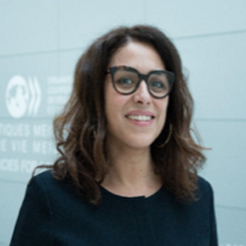
- A valuable process to accelerate action towards water security for all
By Aziza AKHMOUCH, Co-chair of Priority 4 Means and Tools
The OECD has been engaged in the World Water Forum for almost 15 years. Under the leadership of the Secretary General Angel Gurria, who made water one of his top three priorities (alongside health and migration) when he joined the Organisation in 2006, we have relentlessly strived to raise the profile of water policy as a key driver to economic growth, social inclusion, and environmental sustainability. We very much believe that the World Water Forum provides a major milestone to galvanise action and enhance cooperation among multiple stakeholders from public, private and non-profit sectors to enhance water security for all. Whether you live in a developed, emerging, developing or less developed country, getting your water policies right is essential for food security, urban development, environmental sustainability, but also for health, hygiene, gender and many other dimensions that matter to people and places. A forum where one can learn from the latest success stories, but also share daily headaches, failed attempts, and a wide range of challenges and bottlenecks is of great value in this globalised, uncertain and challenged world. We need a system approach to get this right, and therefore a multidisciplinary and multi-level dynamics whereby we fix the challenge in a shared responsibility across local, national and global players. We have been particularly active in the field of governance within the forum’s preparatory process. Since the OECD started leading the “governance” theme for the 6th World Water Forum in Marseille, 2012 we have gone a long way to develop a set of OECD Principles on Water Governance for the 7th Forum in Korea, 2015 as well as a supporting implementation framework with indicators, a toolkit and best practices at the 8th Forum in Brasilia, 2018. The 9th edition of the Forum to be held in Dakar, March 2021 is a beautiful opportunity to scale up action and pay particular attention to Africa, the host continent. As lead coordinator of the “Means and Tools” Priority, the OECD is pleased to partner with the Senegalese authorities and WWC to play its part. This will also be a great opportunity to disclose the results and outcomes of a 3-year work on Water Security in Africa, a programme that we launched as a follow-up to the King Hassan II Great World Water Prize granted to the OECD Secretary General, Angel Gurria, during the 8th Forum. With multiple partners from WWC to Morocco, Senegal, UCLG-Africa, we have worked hand in hand to produce data, evidence, dialogue and recommendations for this region, as a result of which a new Roundtable of African Mayors for Water Security will be launched in Dakar. We look forward to the Forum and fruitful debates on the road to it and in Dakar in a few months.
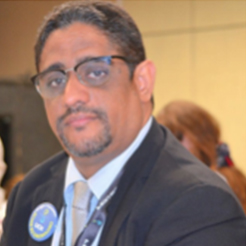 Objectives achieved despite the context of the pandemic
Objectives achieved despite the context of the pandemic
By Mohamed Fawzi BEDREDINE, Member of the Pilot Group of Priority 3 Cooperation
A few months after the decision to organize the 9th World Water Forum in Senegal, the OMVS High Commissioner set up an organizing committee within his Office whose main role is to support the Executive Secretariat of the Forum. This Committee, which I have the honor to head, has, since its establishment, worked alongside the Executive Secretariat of the Forum by supporting and accompanying it in the various events of the world water agenda. In this capacity, we have led and participated in several high-level panels in which messages promoting the Forum have been conveyed. This is why OMVS was chosen as a strategic partner of the Forum for this commitment but also for its leadership and exemplary role in the field of transboundary cooperation on water. From then on, the involvement of OMVS in general and my involvement in particular became easier. Especially since I am a member of the International Steering Committee (ISC) of the Forum. Thus, following the Kick off meeting that officially launched the preparatory process of the Forum, priority was given to the preparation and implementation of the different working groups that will give substance to the content of the four priorities selected. It is within this framework (at the level of the Cooperation priority) that we have started to formulate the themes that will serve as a basis for the work of the action groups that will be in charge of identifying the topics. It must be said that this formulation was relatively easy as it was initiated well before the official launching of the preparatory process thanks to our early involvement with some of our partners such as INBO and UNECE among others. Since then, we have noticed, with satisfaction, that the action groups have, in general, achieved the objectives assigned to them despite the context strongly marked by the Covid 19 pandemic. In fact, on July 31, 2020, all the action groups have sent their different proposals to the pilot group, and this, following several meetings held between the members of these different groups representing almost all 5 continents. During the month of August, we held two meetings of the pilot group which allowed us to examine all these proposals on which observations were made. These observations and comments were forwarded to the action groups for consideration. I am convinced that the rest of the process will take place under the same conditions with, starting next September, the discussions that will be open to the consultative groups, which will be able to enrich and diversify the themes proposed by the action groups. Finally, I would like to warmly congratulate the teams of the Executive Secretariat of the Forum as well as those of the World Water Council for their continuous and effective mobilization and support, without which these results would not have been achieved.

